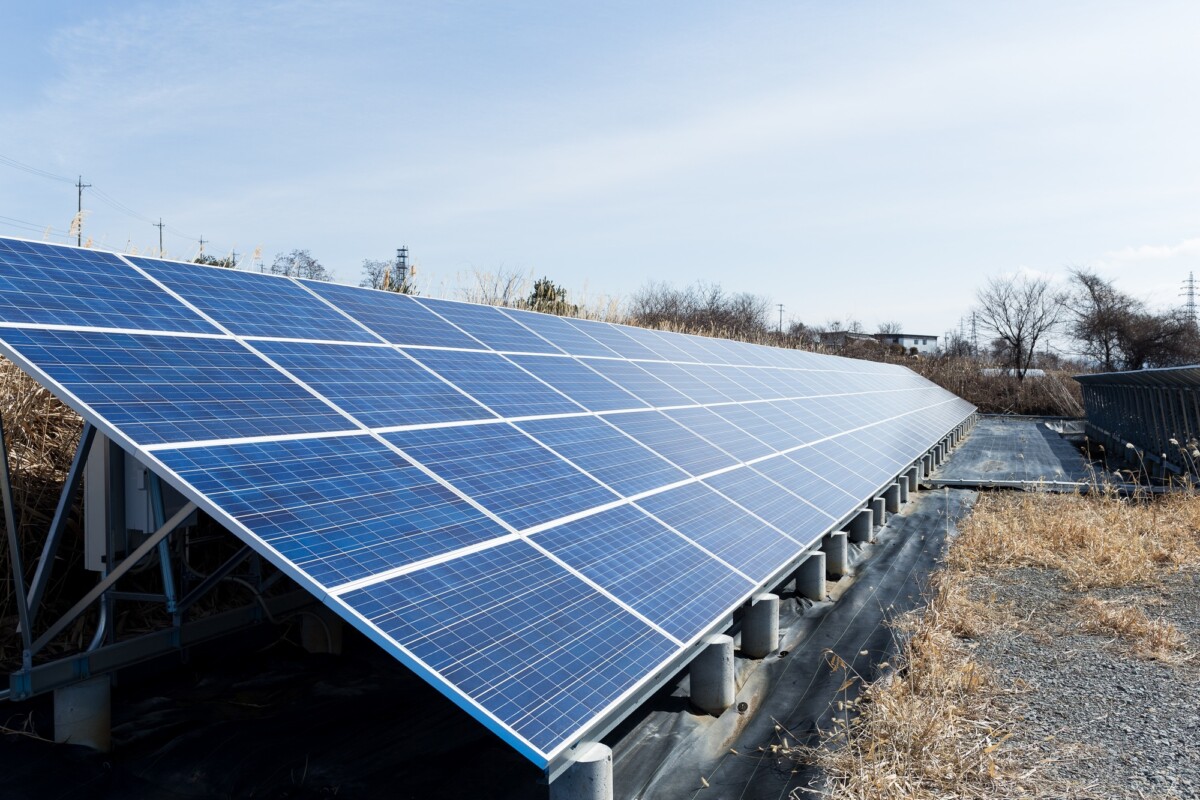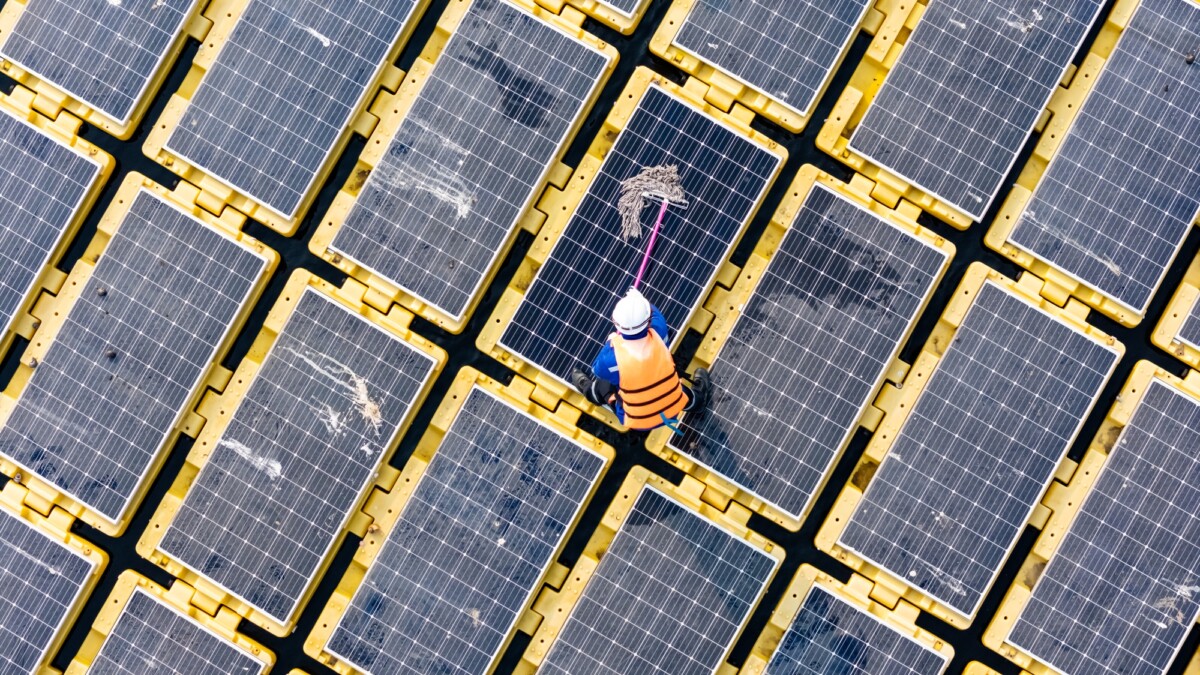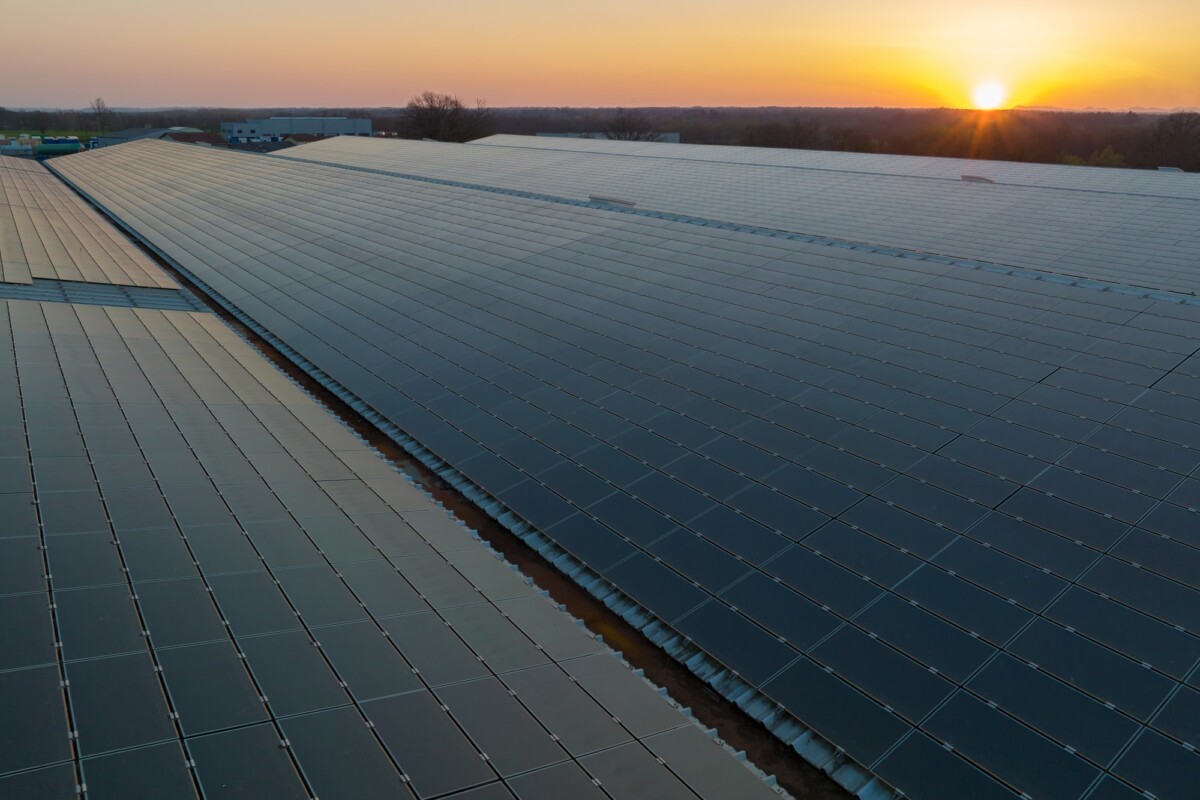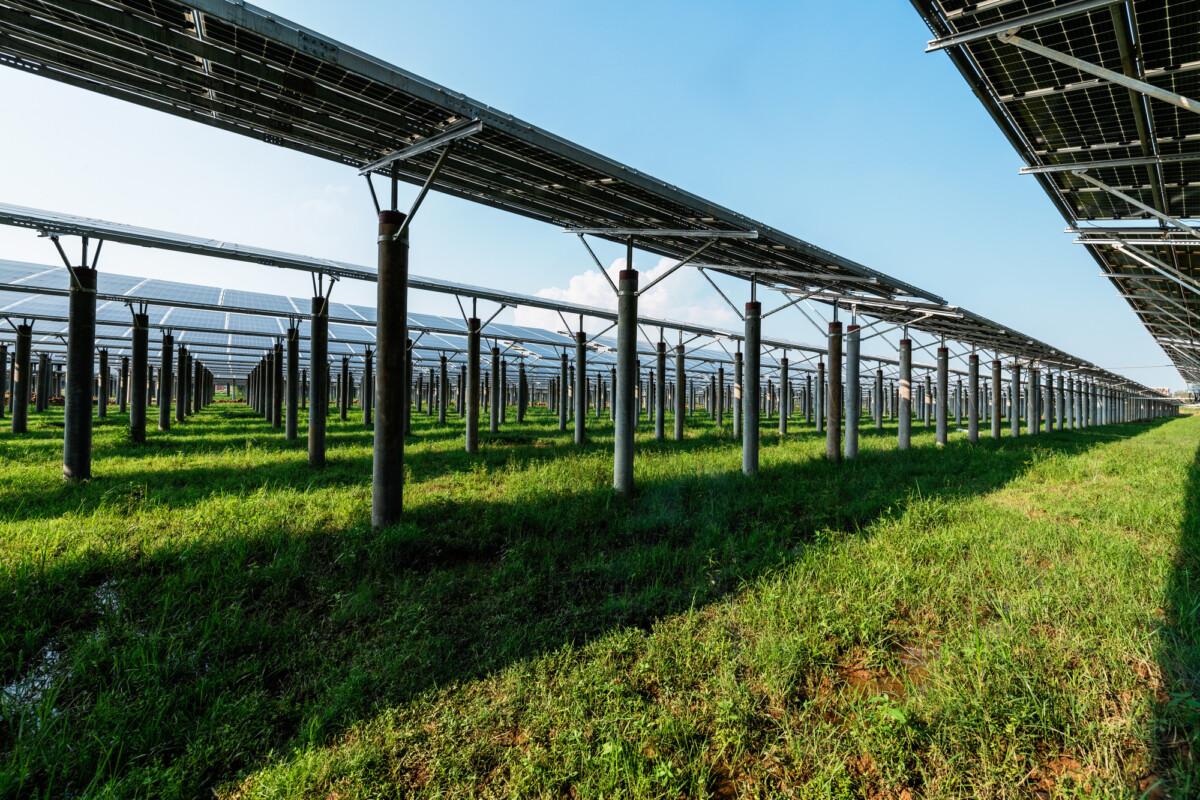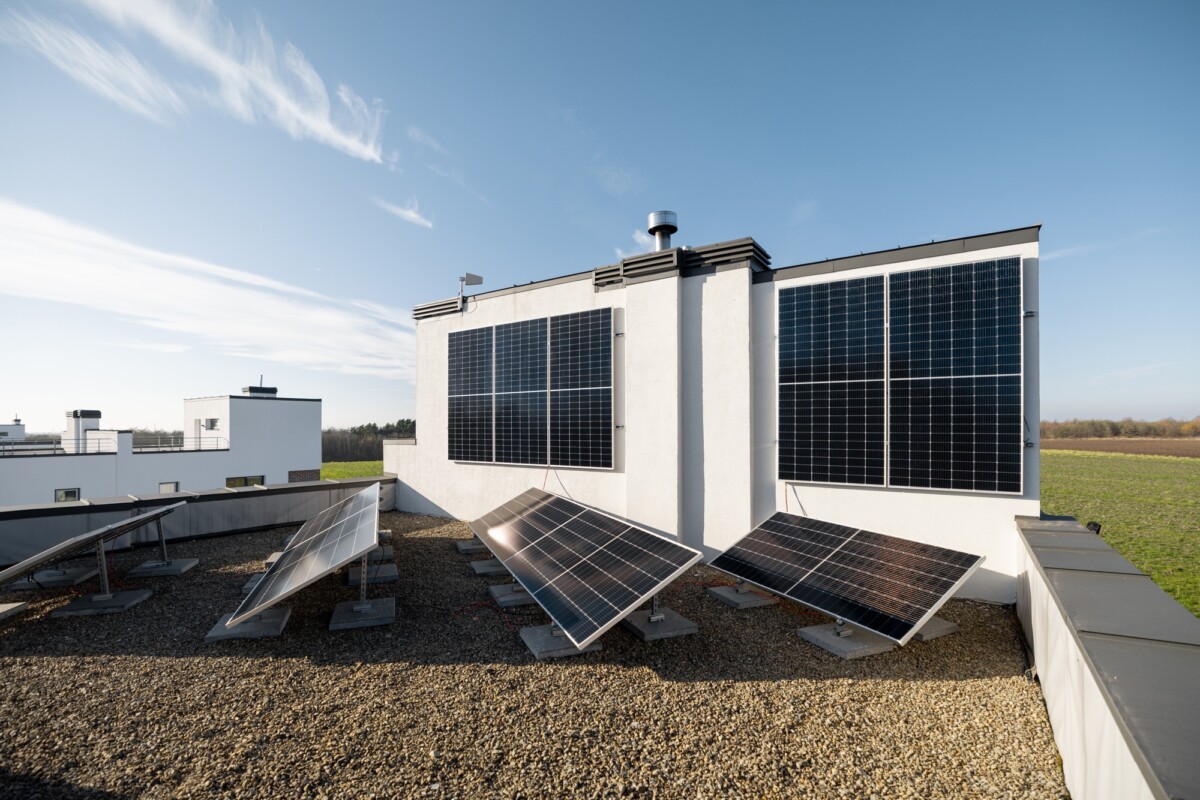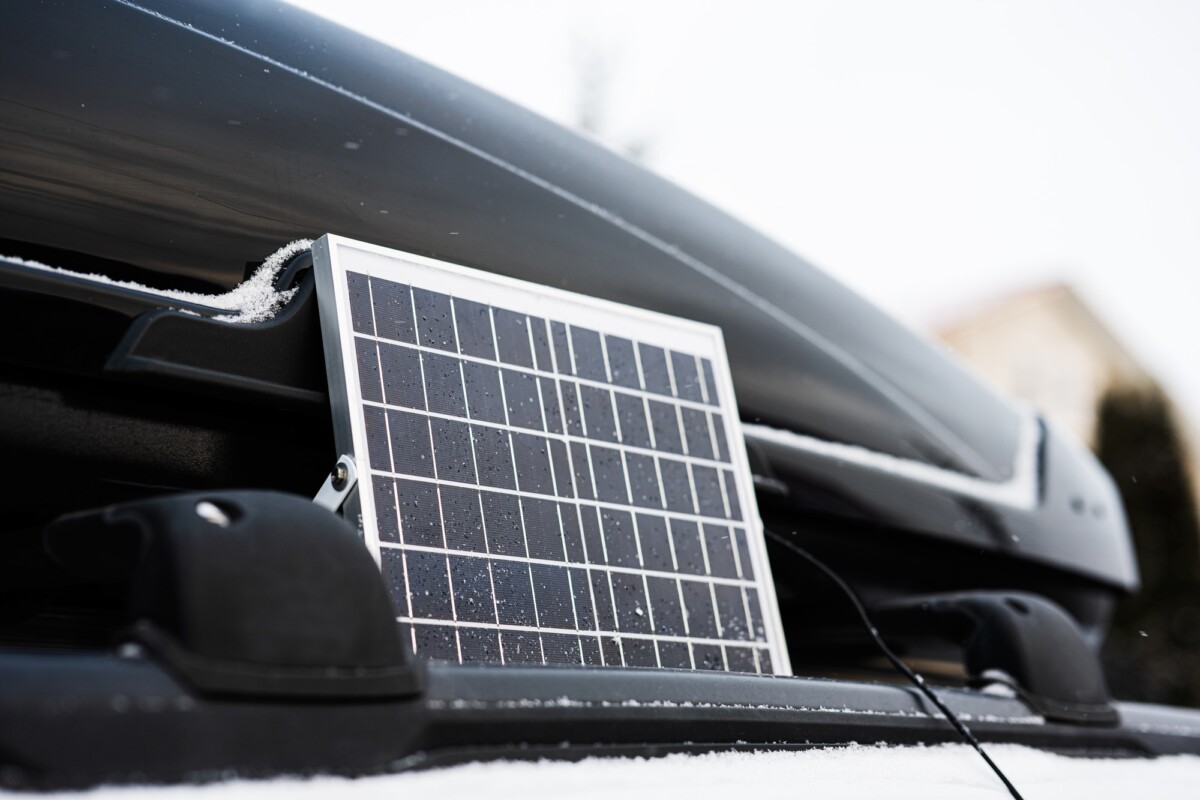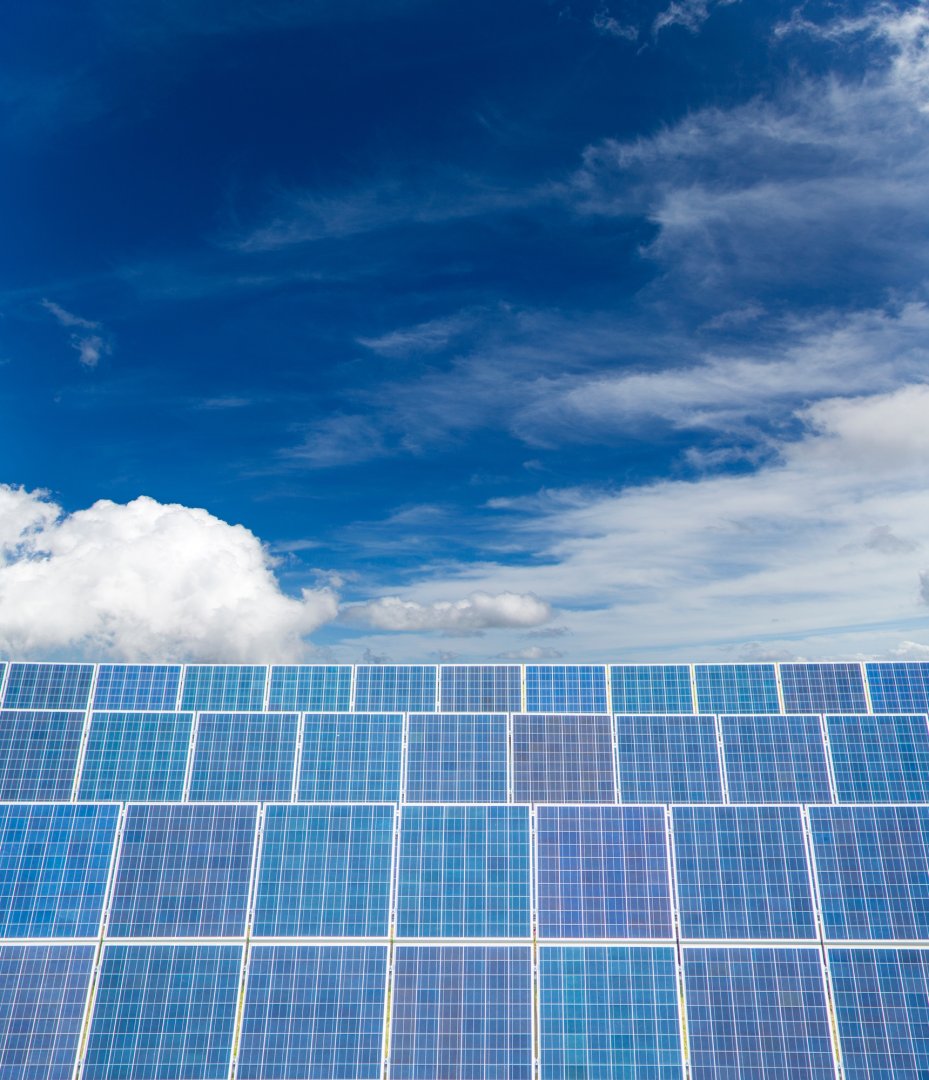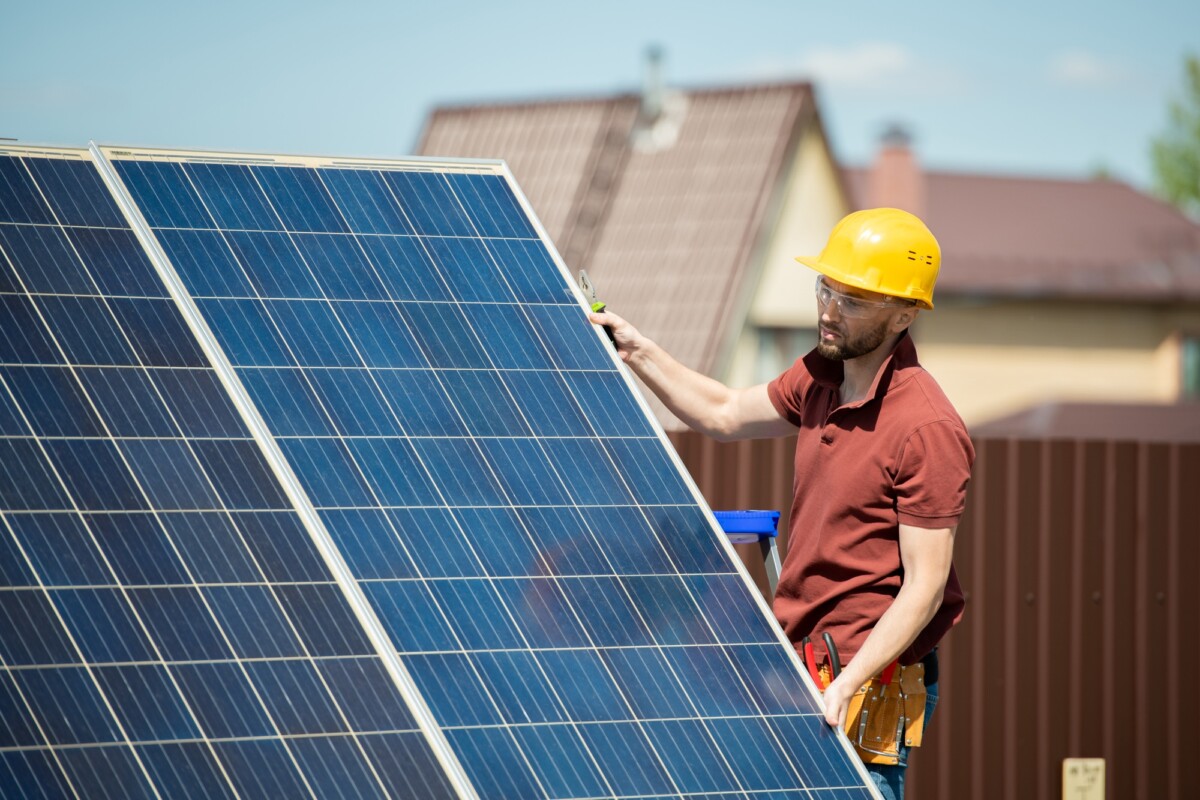Solar energy is rapidly becoming one of the most popular clean and renewable energy sources. For many companies, commercial solar panels are now the go-to method for becoming green and cutting costs. With the rising demand for clean energy, the commercial solar panel market is expected to grow quickly.
What are commercial solar panels?
Commercial solar panels are large-scale photovoltaic (PV) panels used for generating electricity in commercial buildings, such as offices, warehouses, or shopping centers. These panels are typically made up of multiple individual solar cells that convert sunlight into electrical energy, which can then be used on-site or fed back into the electrical grid. Commercial solar panels are an increasingly popular way for businesses to reduce their energy costs and carbon footprint while also generating a return on investment.
How do commercial solar panels work?
Commercial solar panels work by converting sunlight into electricity. Semiconducting photovoltaic (PV) cells turn sunlight into DC electricity in the panels. An inverter turns DC electricity into AC electricity, which businesses can utilize to power their electrical devices.
When sunlight hits the surface of a solar panel, it activates the PV cells, creating an electrical field. This electrical field then generates a flow of electrons, which creates an electrical current. The electrical current is then sent to an inverter, which converts it into AC electricity businesses can use.
Commercial solar panels can be installed in various configurations, depending on the energy needs of a business. Some businesses may choose to install a small number of panels to meet a portion of their energy needs, while others may choose to install a large number of panels to generate all of their energy needs. The size and type of commercial solar panel system will depend on factors such as the amount of energy a business needs, installation cost, and available space.
Benefits of Commercial Solar Panels
1. Reduced Energy Costs
One of the most significant benefits of commercial solar panels is the reduction in energy costs. By harnessing the sun’s power, businesses can generate their own electricity, reducing their dependence on traditional energy sources and lowering their energy bills. The cost of solar panels has also decreased significantly in recent years, making it an increasingly affordable option for businesses of all sizes.
2. Improved Sustainability
Solar panels are a clean energy source, producing no harmful emissions or pollutants. By installing commercial solar panels, businesses may lessen their environmental impact and help make the world a better, more sustainable place for future generations. This benefits the environment and enhances the company’s reputation and brand image, particularly for businesses looking to appeal to environmentally conscious consumers.
3. Increased Energy Independence
Commercial solar panels allow businesses to generate their own electricity, reducing their dependence on traditional energy sources. This increased energy independence also protects businesses against fluctuations in energy prices, helping them to save money and maintain a stable energy budget.
4. Tax Incentives
Many countries offer tax incentives and subsidies for businesses that invest in renewable energy sources, including commercial solar panels. This can significantly reduce the upfront costs of installing a commercial solar panel system and provide a financial boost for businesses looking to transition to clean energy.

Types of Commercial Solar Panel Systems
1. On-Grid Systems
On-grid commercial solar panel systems are connected to the electrical grid and allow businesses to generate their own electricity while still being able to draw power from the grid when necessary. This type of system is ideal for businesses that are looking for a cost-effective solution and do not require a large amount of electricity.
2. Off-Grid Systems
Off-grid commercial solar panel systems are not connected to the electrical grid and are self-sufficient. This type of system is ideal for businesses located in remote areas or for businesses requiring a reliable energy source during power outages. Increased energy independence and security are worth the initial investment in an off-grid installation.
3. Hybrid Systems
Hybrid commercial solar panel systems combine both on-grid and off-grid systems to provide businesses with the best of both worlds. This type of system is ideal for businesses that require a reliable energy source and are looking for increased energy independence while still being connected to the electrical grid.
Factors to Consider When Installing Commercial Solar Panels
Location
The location of a business is a crucial factor to consider when installing commercial solar panels. Factors such as the orientation of the building, the presence of obstructions, and the amount of sunlight the building receives should be considered. For example, a building with a south-facing roof will receive more sunlight than a building with a north-facing roof.
Energy Needs
The energy needs of a business also play a significant role in the size and type of commercial solar panel system that should be installed. Businesses that require a large amount of energy will need a more extensive and expensive system. In contrast, businesses with lower energy needs can opt for a smaller, more cost-effective system.
Cost
The cost of installing a commercial solar panel system can vary based on the size and type of system and the cost of labor and materials. The total cost of ownership, which includes installation, maintenance, and repairs, should be factored in when determining whether or not to install commercial solar panels.
Technical Expertise
Installing commercial solar panels can be complex and requires technical expertise. Businesses should choose a reputable and experienced solar panel installer with a proven track record of installing high-quality systems.
The installation process of Commercial Solar Panels
The installation process of commercial solar panels involves the following steps:
- Site Assessment: A site assessment is performed to determine the suitability of the location for solar panel installation and to identify any potential challenges that may impact the installation process.
- Design and Engineering: The design and engineering of the solar panel system are done to ensure that it meets the specific energy needs of the commercial property. The panels’ size, orientation, and angle are determined based on the site assessment results.
- Permitting: The necessary permits and approvals for installing solar panels are obtained from local authorities.
- Equipment procurement: High-quality solar panels, inverters, and other related components are procured for the installation.
- Installation: Solar panels are installed on the roof or ground-mounted structures of the commercial property. The electrical wiring and interconnections are completed, and the inverters are connected to the panels.
- Commissioning: The installed solar panel system is tested and commissioned to ensure that it works optimally.
- Monitoring: A monitoring system is installed to track the solar panel system’s performance and identify any issues that may arise in the future.
The installation’s duration depends on the project’s size, complexity, and permit and license acquisition speed.
Bottom Line
In conclusion, commercial solar panels are a practical and sustainable solution for businesses looking to reduce their energy costs and carbon footprint. The installation process involves several steps: site assessment, design and engineering, permitting, equipment procurement, installation, commissioning, and monitoring. With proper planning and execution, investing in commercial solar panels can provide substantial long-term benefits to businesses regarding energy savings and reduced environmental impact. Additionally, the growing demand for renewable energy solutions is making commercial solar panels an increasingly attractive investment opportunity for businesses of all sizes.
Discover the benefits of solar power for your home or business. Request a quote today at freesolarpowerquotes.com.
FAQS
How much do commercial solar panels cost?
The cost of commercial solar panels varies depending on the size and complexity of the project, as well as the cost of equipment and labor. On average, the cost of a commercial solar panel system can range from $15,000 to $100,000 or more.
How long does it take to install commercial solar panels?
The entire process of installing solar panels for a commercial building may take many weeks or even months.
When did solar panels become commercially available?
Solar panels became commercially available in the 1950s, but the technology has advanced significantly since then.
Are commercial solar panels worth it?
Whether commercial solar panels are worth depends on several factors, such as the energy needs of the commercial property, the local climate, and government incentives. In many cases, commercial solar panels can provide substantial long-term savings on energy costs and reduce the property’s carbon footprint.
How big are commercial solar panels?
The size of commercial solar panels can vary, but they are typically larger than residential solar panels.
What are the best commercial solar panels?
The best commercial solar panels are those that offer high efficiency, durability, and reliability and are backed by strong manufacturer warranties. Some popular brands of commercial solar panels include LG, SunPower, and Canadian Solar.


